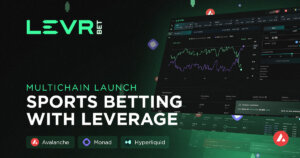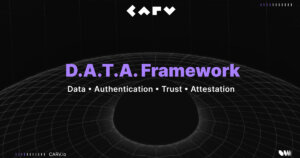 Standardizing interchain with Axelar’s Virtual Machine – SlateCast #59
Standardizing interchain with Axelar’s Virtual Machine – SlateCast #59 Standardizing interchain with Axelar’s Virtual Machine – SlateCast #59
Axelar's Interoperability Vision: A Closer Look at the Axelar Virtual Machine and AI Integration
Discover the future of blockchain interoperability in our exclusive interview with Sergey, the founder of Axelar! In this exciting episode of SlateCast, our discussion delves into the recently announced Axelar Virtual Machine and its potential to revolutionize interchain composability and development. Learn about the motivation behind the project, the benefits it can bring to developers, and how it can streamline the deployment of applications on multiple chains.
Sergey also shares his thoughts on integrating AI into the blockchain ecosystem, from auditing smart contracts to automating processes and driving new technologies. Furthermore, we discuss the challenges of standardizing the developer layer across the stack and the next big innovations in the pipeline for the interchain world.
Don’t miss this insightful and thought-provoking conversation on the future of blockchain technology! Sign up for CryptoSlate Alpha now and gain early access to this exclusive video and many others like it before anyone else. Join us in our mission to explore the potential of blockchain technology and stay ahead in the world of crypto.







 Elon Musk
Elon Musk 


































































 AXL
AXL
